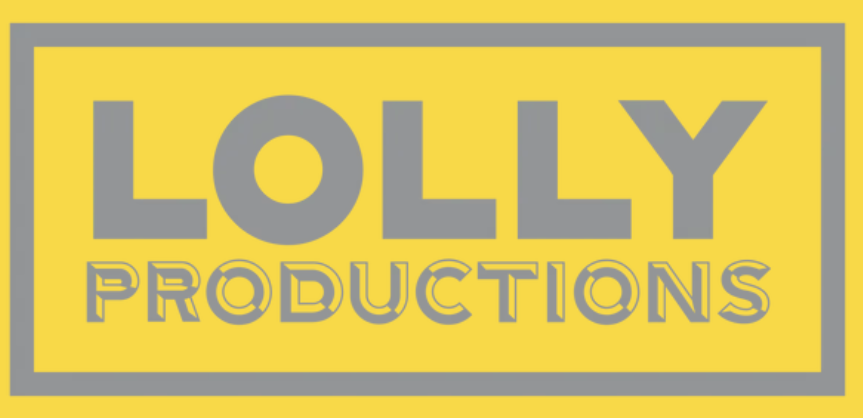
Healthcare
What are the challenges for the Healthcare Sector today?
Regulatory constraints: The healthcare market is heavily regulated, which makes it challenging to market products and services.
Competition: The healthcare market is highly competitive and saturated, making it challenging to stand out.
Cost constraints: The high cost of healthcare marketing efforts can make it challenging to effectively reach target audiences.
Lack of consumer trust: Many consumers may not trust the information provided by healthcare companies, making it challenging to engage with them.
Data privacy: The sensitive nature of healthcare data makes it challenging to collect, use, and store information for marketing purposes.
Personalisation: With increasing consumer demand for personalised healthcare experiences, companies need to find ways to effectively segment and target their audience.
Digital Transformation: The rapid pace of digital transformation in the healthcare industry is creating new marketing challenges as companies must adapt to new technologies and digital platforms.
Key considerations to address :
Efficiency drivers in the healthcare industry include:
Technology adoption, such as electronic health records (EHRs) and telemedicine
Process improvements, such as Lean and Six Sigma methodologies
Workforce optimisation, including reducing waste and maximising staff productivity
Effectiveness drivers in the healthcare industry include:
Clinical quality improvement initiatives, such as evidence-based practices
Patient-centered care, including patient satisfaction and engagement
Outcome-based care, where providers are incentivised to improve patient outcomes
Economic drivers in the healthcare industry include:
Cost containment, including reducing healthcare costs and improving cost-effectiveness
Reimbursement models, including value-based care and bundled payments
Competition, including increased competition among healthcare providers and payers.
What could be resolved with short-form videos ?
Engaging and educating patients: With a growing emphasis on patient-centered care, it's important to educate patients on their health conditions, treatments, and the role they play in their own care. Short-Form videos can help make complex medical information easy to understand and engaging.
Improving brand awareness and loyalty: With so many healthcare providers and treatments available, it can be difficult to stand out in the market. Short-form videos can help establish a strong brand identity, increase brand awareness, and foster loyalty among patients.
Building trust with potential patients: Trust is a critical factor in healthcare decision-making. Short-Form videos can provide a human connection with potential patients and help build trust by showcasing a healthcare provider's expertise, knowledge, and commitment to patient care.
Driving patient acquisition: With competition for patients increasing, it's important to find new ways to reach potential patients and build a pipeline of new business. Short-Form videos can help healthcare providers reach new patients, increase visibility, and differentiate their services from those of their competitors.
Enhancing patient experience: The patient experience is a key factor in patient satisfaction and loyalty. Short-Form videos can help healthcare providers create an engaging and informative patient experience, from the initial consultation to post-care follow-up.
Overall, Short-Form Video Solutions can be an effective tool for addressing key marketing challenges in the healthcare market by engaging and educating patients, improving brand awareness and loyalty, building trust, driving patient acquisition, and enhancing the patient experience.
Examples of Short - Form Videos I created for Healthcare Market campaigns using quality stock footage
I take your privacy seriously and will only use your personal information to provide the services you have requested from me. This may include providing your details
to third parties such as our service partners. I will not share your information with any other third party unless I have your explicit consent or am required by law to do so.
All Rights Reserved | Lolly Productions















